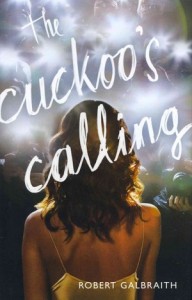
Living in San Francisco has always had its Disneyland side, in that the border between reality and fantasy is fuzzier here than in most places. For anyone who smugly supposes this makes San Franciscans fluffy-headed and inconsequential — wake up! The rest of the world is not only hot on our trail, but moving here to position their own betas and start-ups at the epicenter of our latest revolution.
This time it’s not peaceniks and rock-&-rollers storming the barricades, but creative ambitious techies. At last night’s Transmedia meetup we were introduced to fiverun, which integrates online with bricks-&-mortar shopping; Ignite Video, which lets anyone with an iPhone shoot, edit, and storyboard a commercial video; and Mobzili, where a storyteller can build a visual and verbal presentation into an app sold on iTunes. Also mooted were Snapchat (for sharing short-lived photos), Vine (for sharing short videos), Madefire (animated graphic novels), TangoSource (software development), Global Film Ventures (good business practices for filmmakers), and of course Boom-Books (multimedia e-books and paperbacks, as well as Mystery, Romance, & International Intrigue).
If this revolution will not be televised, it’s because (Transmedia moderator Beth Rogozinski noted) TV is rapidly being plowed under by mobile, i.e. smartphones and tablets. As of 2012, there were 6,835,000,000 mobile subscribers on our planet. That’s 90% of the world’s population.
So, if you’re going to San Francisco, forget the flowers in your hair. Bring your mobile device and join the revolution!





